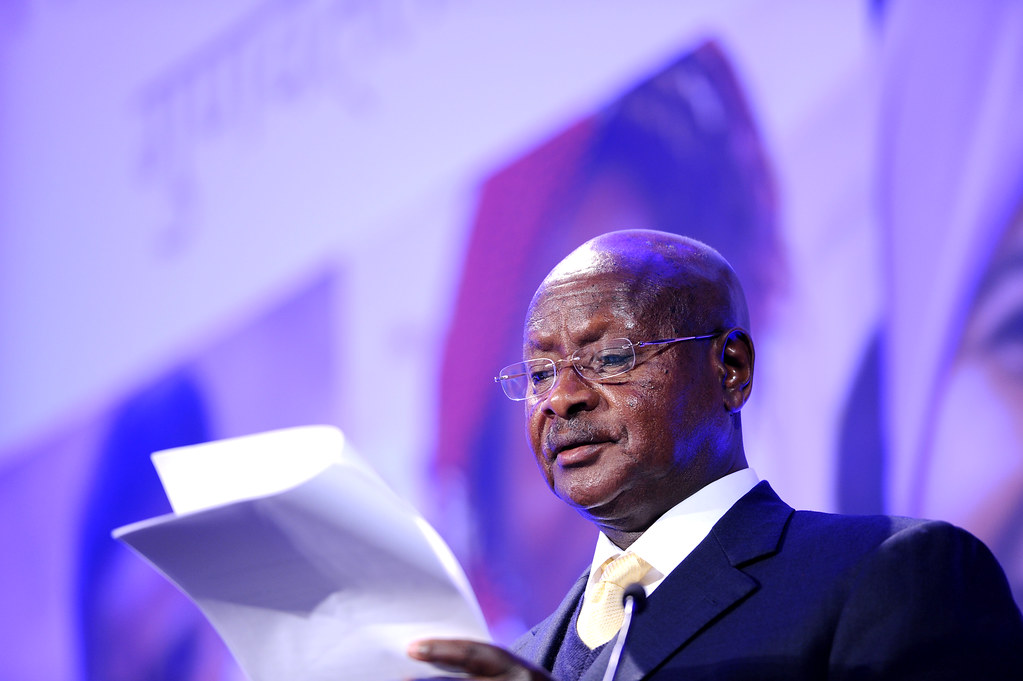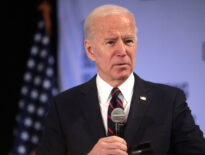Uganda’s president has signed into law an anti-homosexuality bill that was widely supported in the East African country, but widely condemned by foreign human rights activists and others.

The bill signed by President Yoweri Museveni does not criminalize people who identify as LGBTQ, a major concern of some human rights activists who denounced the previous bill as a blatant attack on human rights.
Museveni had sent the bill back to parliament in April, calling for amendments to distinguish between identification as LGBTQ and the actual practice of homosexuality.
LGBTQ rights advocates say new laws are unnecessary in a country where homosexuality has long been illegal under colonial-era laws criminalizing sexual relations against the order of nature. This crime is punishable by life imprisonment.
The Human Rights Department expressed dismay on Monday that the strict and discriminatory anti-gay law is now in force, calling it a recipe for systematic violations of the rights of LGBTQ people and others.
The U.S. President’s Emergency Plan and the Global Fund to Fight AIDS said they were deeply concerned about the negative impact of the public health and HIV bills.
Believing that the anti-homosexuality law of 2023 will hamper health education and advocacy efforts that are helping to end AIDS as a public health threat.
Renewed anti-homosexual sentiment.
Anti-gay sentiment has been on the rise in Uganda in recent weeks following press reports of alleged bestiality in boarding schools. These include a prestigious boys’ school where a parent accused a teacher of sexually abusing his son. Homosexuality is criminalized in more than 30 of Africa’s 54 countries. Some Africans consider it an imported behavior rather than a sexual orientation.





